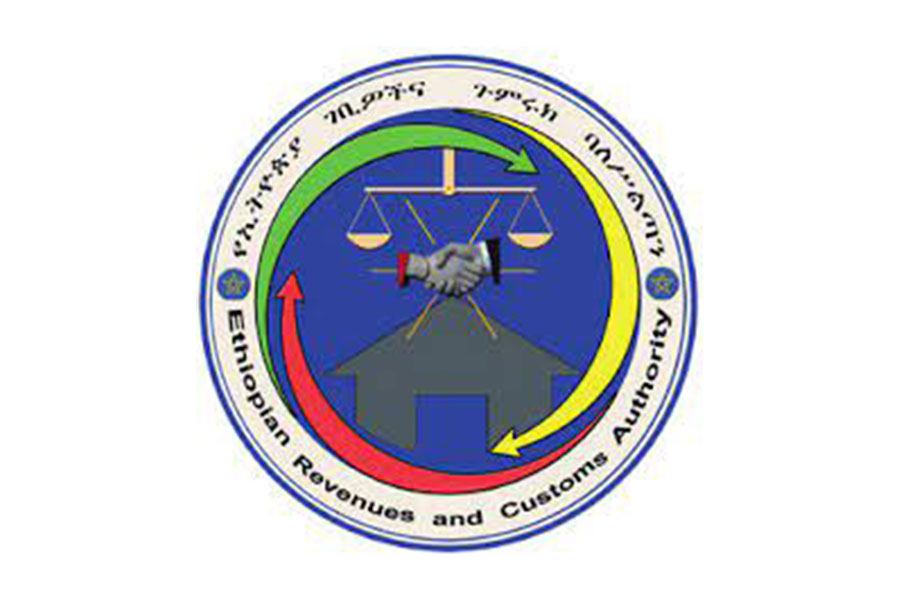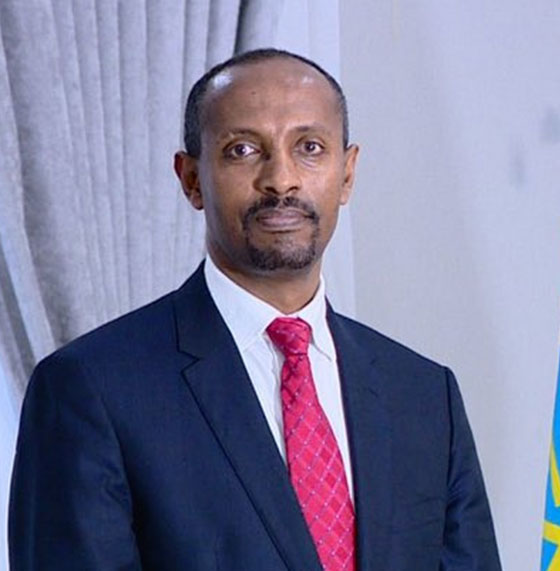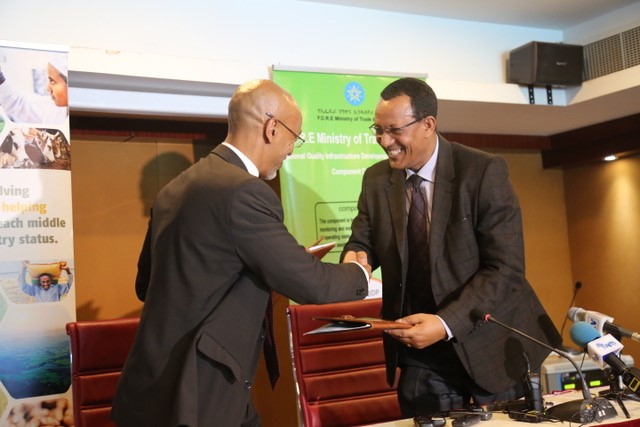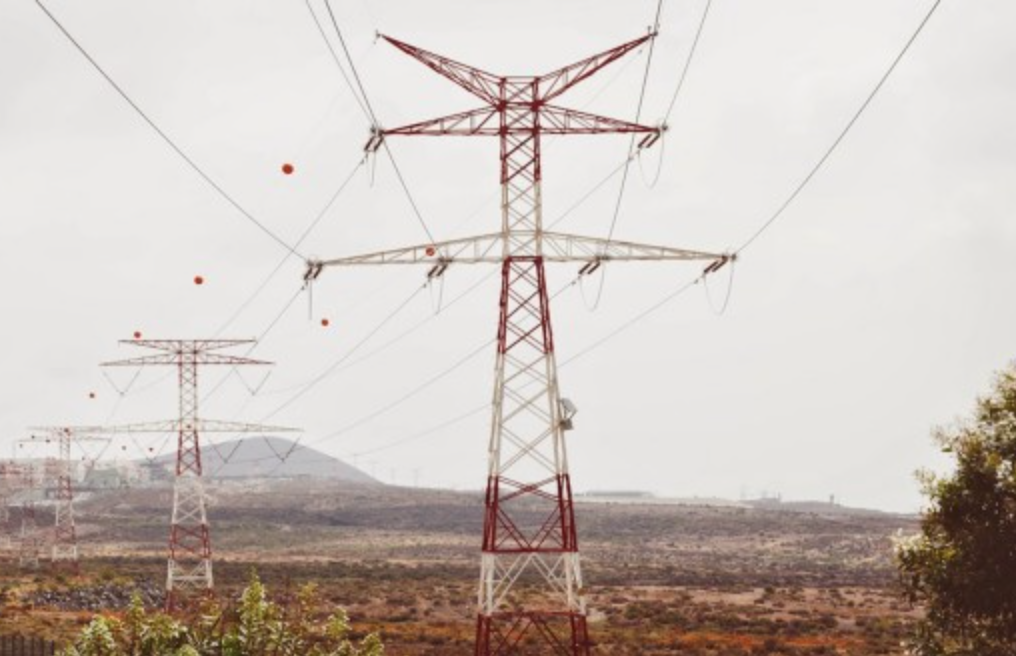
Fortune News | Feb 19,2022
Federal authorities are contemplating the reversal of a decade-long ban on maize export. A team of experts from the ministries of Trade and Agriculture will begin assessing the viability of lifting the embargo, disclosed Gemechis Melaku, director general of export promotion at the Ministry of Trade & Regional Integration.
A macroeconomic committee chaired by the Prime Minister will have the final say. Committee members include Girma Birru, chief economic advisor to the Prime Minister; central bank Governor Yinager Dessie (PhD); Planning Minister Fitsum Assefa; Finance Minister Ahmed Shide; Trade Minister Gebremeskel Challa; and Oumer Hussein, Agriculture Minister.
The federal government is also considering lifting the export ban on wheat a year following the expansion of cluster and off-season farming initiatives. Federal authorities are pushing to see 107 million quintals of wheat harvested from nearly half a million hectares next year, with 10 million quintals planned for exports. If achieved, it will be a massive scale-up in the country’s agricultural productivity.
The embargo on maize exports has been in place since 2007. Although it had been lifted for a brief window in 2010, the authorities clamped down again the following year.
The latest move was prompted by a boost in domestic production and declining export revenues from cereal crops. Exporters shipped 210,000tn of grain crops last year, generating 214 million dollars. It is a drop in both volume and value, by 21pc and three percent, respectively. Cereal crops trail far behind revenues generated by the exports of other agricultural commodities, which accounted for 72pc of the 4.1 billion dollars registered last year.
The country is self-sufficient in maize production, says Esayas Lemma, director of crop development at the Agriculture Ministry.
“Ethiopia can export up to 15pc of its maize harvest,” he said.
According to Sisay Asmare, board chairperson of an association representing 470 cereal and oilseeds exporters, exporters are eager to restart shipping maize. He observes a market for maize in Sub-Saharan Africa. Kenya imported 3.4 million tonnes of maize last year for 68 million dollars. Tanzania spends close to 20 million dollars annually to buy maize from the international market.
World Food Programme (WFP) data shows over 300 million people depend on corn as a source of food and livelihood in the region. It is the major ingredient of ugali, a staple food in eastern African countries such as Uganda and Kenya.
Sisay contends that Ethiopia can generate foreign currency by exporting maize.
“The decision to lift the ban should be based on a realistic assessment,” he told Fortune.
Maize is Ethiopia’s most cultivated cereal crop, surpassing teff, wheat and sorghum. Its harvest has grown significantly in recent years, more than doubled over the past decade as productivity shot up by a third to 3.4tn a hectare. Last year, 11.7 million tonnes of maize were harvested during the Mehir and Belg seasons as well as by large-scale farms. Wheat and teff follow with an annual harvest of 6.2 million tonnes and 5.6 million tonnes, respectively.
The Oromia Regional State accounts for nearly half of the country’s maize harvest.
Gemechu Ebbisaa, 35, is one of 5.2 million smallholder farmers growing maize near Bako, a rural town in the West Shewa Zone. He depends primarily on the maize he harvests once a year to support his family of four children. He used to cultivate close to two tonnes on a 1.5hct plot.
In the last four years, Gemechu saw his productivity increase by renting four hectares in the area. Last year, he harvested 12tn of maize, sold at 2,300 Br a quintal. A market watch reports the WFP released last month shows the price of maize has grown by 40pc over the past year.
“I’m able to support my family with the additional income,” he said.
The corn trade becomes more noticeable during the rainy season. An ear of corn is sold for 15 Br in Addis Abeba – a price increased by 50pc from last year.
Experts observe that soaring prices are not a result of a supply shortage. It reflects the rising cost of living, argues Adane Tuffa (PhD), an economist who is also a member of the Agricultural Economics Society of Ethiopia.
Gemechu’s experience demonstrates the expert’s assessment.
“Cost of farming has gone up, especially in recent years,” he told Fortune.
The price for a kilo of improved seed climbed five-fold in the past two years, reaching close to 4,000 Br.
Adane warns that although lifting the export ban could improve farmers’ income, it may also push maize prices in the domestic market up, putting more pressure on consumers.
“The difference in prices between the local and international markets will decide who’ll be the loser,” he said.
The average maize price is at 3,800 Br a quintal in the domestic market, while the crop is traded globally at less than half. Similar disparities have not deterred the federal government from encouraging the export of other agricultural commodities, such as coffee. A kilo of export-standard coffee sells for about six dollars locally; it receives 4.5 dollars in the international market.
PUBLISHED ON
Aug 06,2022 [ VOL
23 , NO
1162]

Fortune News | Feb 19,2022

Radar | Jul 23,2022

Fortune News | Aug 09,2025

Radar | Dec 19,2018

Radar | Jul 24,2021

Fortune News | Jun 23,2019

Radar | Dec 12,2020

Editorial | Sep 10,2022

Fortune News | May 23,2021

Radar | Jan 07,2022

Dec 22 , 2024 . By TIZITA SHEWAFERAW
Charged with transforming colossal state-owned enterprises into modern and competitiv...

Aug 18 , 2024 . By AKSAH ITALO
Although predictable Yonas Zerihun's job in the ride-hailing service is not immune to...

Jul 28 , 2024 . By TIZITA SHEWAFERAW
Unhabitual, perhaps too many, Samuel Gebreyohannes, 38, used to occasionally enjoy a couple of beers at breakfast. However, he recently swit...

Jul 13 , 2024 . By AKSAH ITALO
Investors who rely on tractors, trucks, and field vehicles for commuting, transporting commodities, and f...

Oct 18 , 2025
The political establishment, notably the ruling party and its top brass, has become p...

Oct 11 , 2025
Ladislas Farago, a roving Associated Press (AP) correspondent, arrived in Ethiopia in...

Oct 4 , 2025
Eyob Tekalegn (PhD) had been in the Governor's chair for only weeks when, on Septembe...

Sep 27 , 2025
Four years into an experiment with “shock therapy” in education, the national moo...